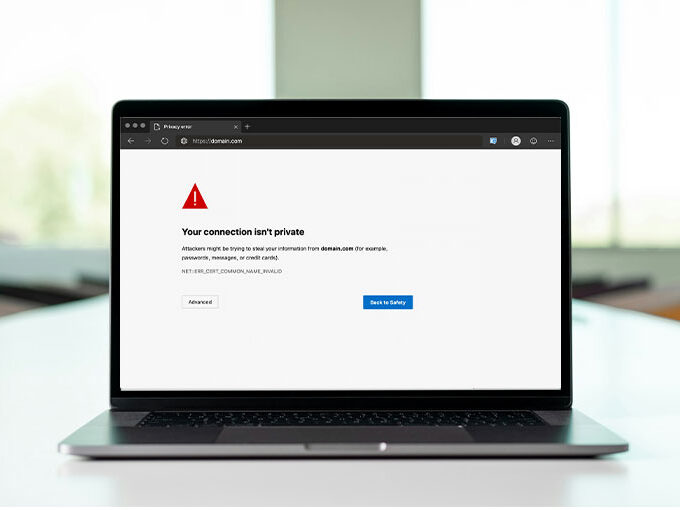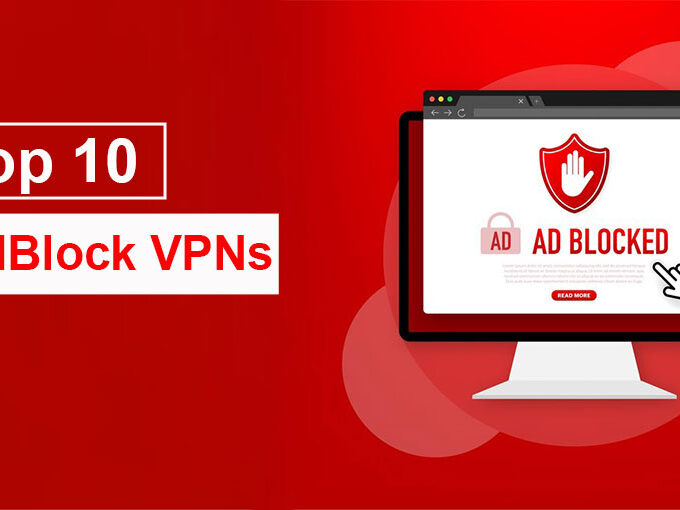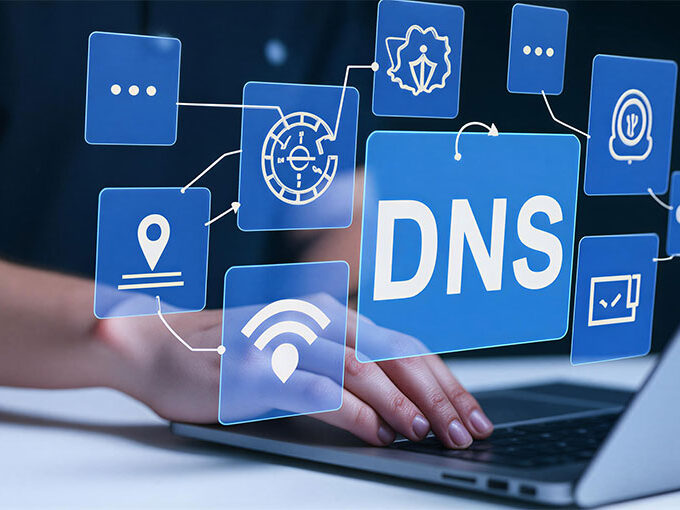In today’s digital age, cybersecurity has become a paramount concern for both individuals and organizations. As cyber threats continue to advance in sophistication, governments worldwide are continually updating and implementing stricter cybersecurity mandates to protect critical infrastructure and sensitive data. For private sector companies, compliance with these ever-evolving government regulations is not only essential for maintaining business operations but also for safeguarding their reputation and customer trust. In this blog post, we will explore how companies in the private sector can effectively keep up with and implement the constantly changing government mandates for cybersecurity.
1. Understanding the Regulatory Landscape
The first step in staying ahead of government mandates is to understand the regulatory landscape. Different countries and regions have varying cybersecurity regulations, and these may apply to specific industries or sectors. It’s crucial for companies to identify the relevant laws and requirements that pertain to their operations. Some common cybersecurity frameworks include GDPR (General Data Protection Regulation) in the European Union, HIPAA (Health Insurance Portability and Accountability Act) in the United States, and NIS Directive (Network and Information Systems Directive) in the European Union, among others.
Also read: Top 10 Risk Based Vulnerability Management Tools and Software
2. Establishing a Cybersecurity Compliance Team
To effectively navigate the complexities of government mandates, companies should establish a dedicated cybersecurity compliance team. This team will be responsible for monitoring changes in regulations (like Biden’s most recent eo 14028), conducting internal assessments, and ensuring the organization’s adherence to the latest cybersecurity standards. It should comprise professionals from various departments, including IT, legal, risk management, and data privacy, to ensure a comprehensive and multi-faceted approach to compliance.
3. Conducting Regular Risk Assessments
Risk assessments are essential in identifying potential vulnerabilities and assessing the organization’s cybersecurity posture. Companies should conduct regular risk assessments to stay proactive in addressing threats and aligning their security practices with the latest government mandates. By understanding their unique risk profile, organizations can prioritize cybersecurity investments and allocate resources effectively.
4. Implementing Strong Access Controls
Access control is a fundamental aspect of cybersecurity, and it is often emphasized in government mandates. Private sector companies should implement robust access controls to restrict data access to authorized personnel only. This includes implementing multi-factor authentication (MFA) mechanisms, role-based access controls (RBAC), and regular access reviews to prevent unauthorized access to sensitive information.
5. Investing in Employee Training and Awareness
Human error remains one of the leading causes of data breaches. Companies should invest in regular employee training and awareness programs to educate their staff about cybersecurity best practices, the latest threats, and how to respond to potential incidents. Well-informed employees become the first line of defense against cyber threats and can significantly reduce the risk of breaches.
6. Adopting Advanced Security Technologies
To stay ahead of cyber threats and comply with government mandates, private sector companies must embrace advanced security technologies. This includes next-generation firewalls, intrusion detection/prevention systems (IDS/IPS), encryption tools, endpoint security solutions, and advanced threat intelligence platforms. These technologies bolster an organization’s ability to detect and respond to cyber threats promptly.
Also read: What is Zero Trust Security and Why Is It Important
7. Engaging Third-Party Auditors
Engaging third-party auditors can provide an impartial evaluation of a company’s cybersecurity practices. Regular audits help identify gaps in compliance, ensure adherence to government mandates, and offer valuable insights into strengthening the overall security posture.
8. Educating Your Consumers
Training consumers is a crucial aspect of the overall cybersecurity ecosystem. While private sector companies work hard to secure their systems and data, educating and empowering their customers with cybersecurity knowledge is equally important. Companies can create consumer-focused cybersecurity awareness campaigns, providing tips on recognizing phishing emails, avoiding social engineering tactics, and using secure passwords.
Additionally, they can offer resources such as educational blog posts, interactive quizzes, and webinars to inform customers about the latest cyber threats and best practices for staying safe online. By training consumers to be more security-conscious, private sector companies can form a strong alliance with their customers in the battle against cybercrime, ultimately leading to a safer digital environment for everyone involved.
In conclusion, private sector companies must recognize that cybersecurity is not a one-time endeavor but an ongoing process that demands constant vigilance and adaptability. By understanding the regulatory landscape, establishing a dedicated compliance team, conducting risk assessments, and investing in the right technologies and training, companies can effectively keep up with and implement the ever-evolving government mandates for cybersecurity. By doing so, businesses can safeguard their assets, maintain customer trust, and stay resilient in the face of ever-growing cyber threats.










Leave a comment